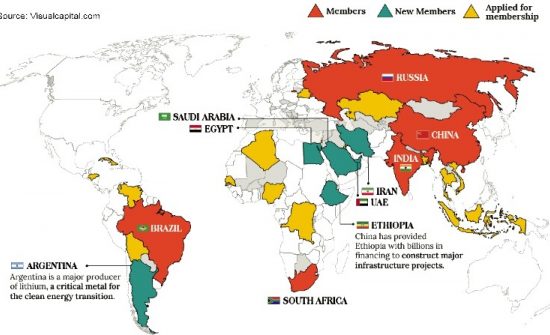By: Gregory Treverton & Pari Esfandiari
Big data is often perceived as the black gold of the twenty-first century. Despite its fundamental differences with oil, it is indeed as critical, a fact tragically underscored by the lack of data on testing and tracking during the pandemic, especially in the United States. Yet the ways in which data is governed—or not—still are not well understood. Data, information, and big data overlap, and so do the issues involved in governing them. Those issues range from the seemingly prosaic (in what country will data centers be located?) to questions bearing on the nature of democracy itself (how will false news and hate speech be policed, and by whom?). To the extent that data is governed, that governance is a fractal of how the internet is governed—scattered, bottom-up, and driven by loose coordination among many actors, most of them in the private sector.
Given its importance, how data is collected, stored, protected, used, and transferred over national borders is becoming a geopolitical issue. Moreover, governing data inevitably runs into the differences in ideological visions of the internet and fundamental cultural divides. China’s insistence on internet sovereignty could be seen as a legitimate effort to control harmful or hateful information. Yet, from another perspective, it is a non-tariff barrier that limits foreign access to China’s digital market.










